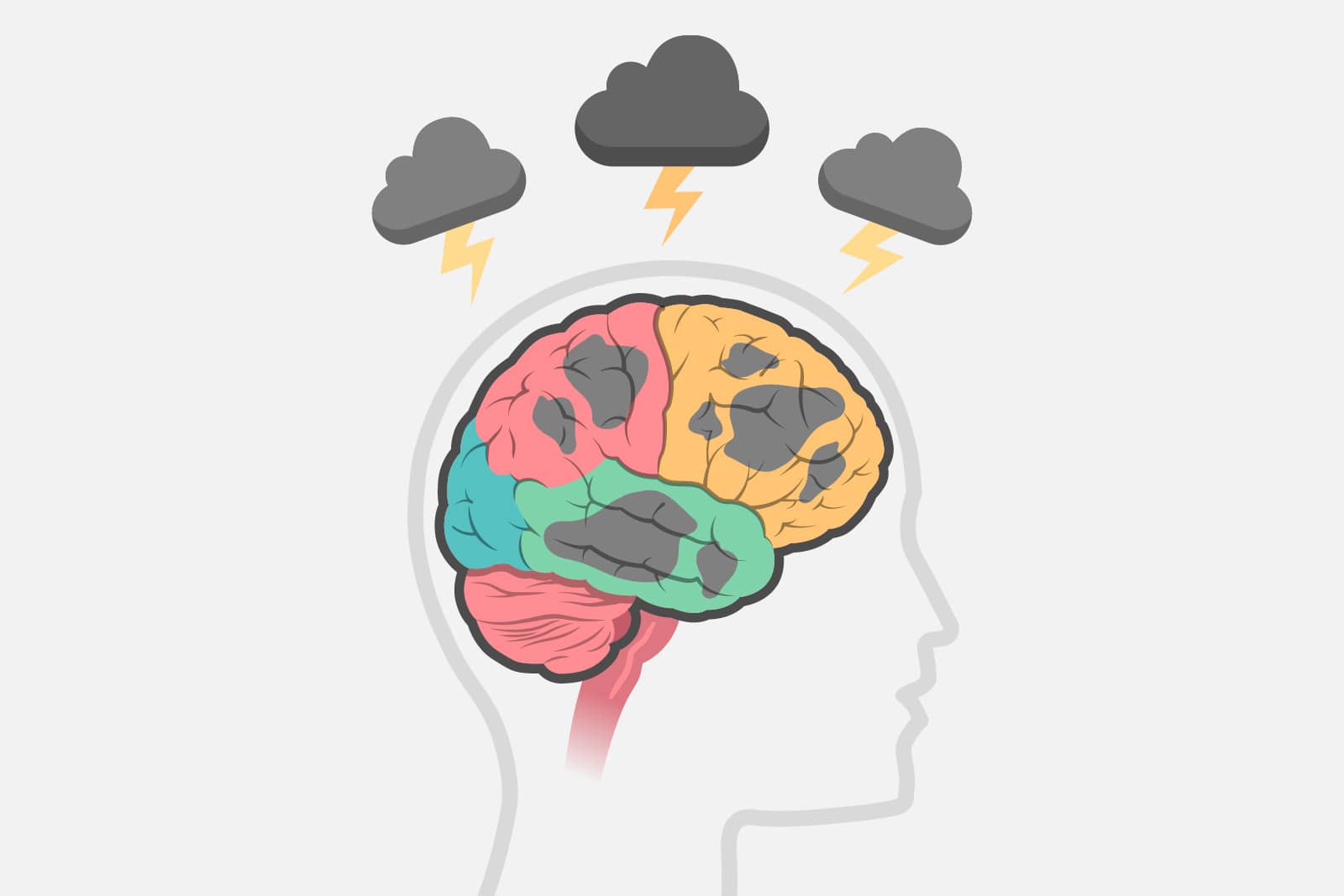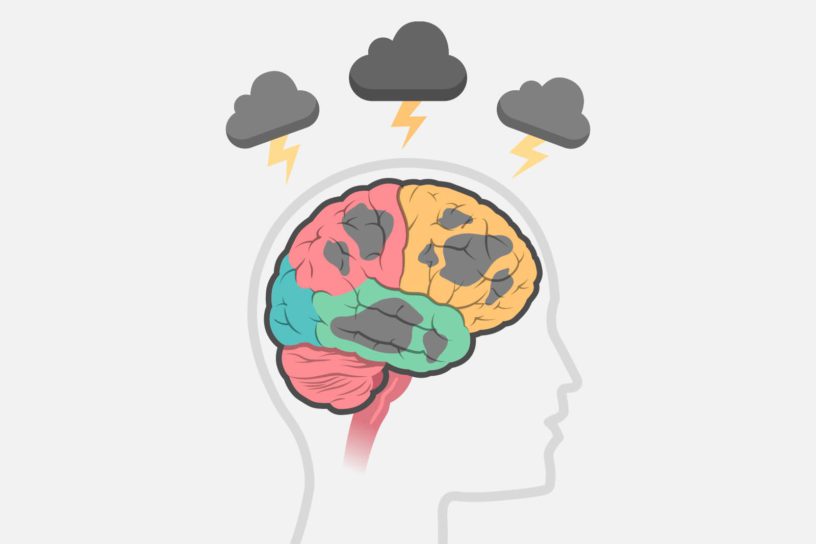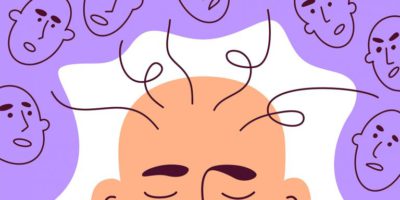
Depression is a common psychiatric condition that can occur in patients with dementia, a progressive neurological disorder characterized by cognitive decline and loss of functional abilities. When depression occurs in patients with dementia, it is often referred to as double depression, as it involves both a major depressive episode and the underlying cognitive and functional impairments associated with dementia. In this article, we will explore the concept of double depression and its implications for the diagnosis and treatment of depression in patients with dementia.
Symptoms of Double Depression
Double depression can be difficult to diagnose, as the symptoms of depression in patients with dementia may overlap with the cognitive and functional impairments associated with the disease. Some of the common symptoms of double depression include:
- Persistent sadness or low mood
- Loss of interest in activities
- Feelings of hopelessness or helplessness
- Changes in appetite or sleep patterns
- Agitation or restlessness
- Difficulty concentrating or making decisions
- Social withdrawal or isolation
- Cognitive decline, such as memory loss or difficulty with language
Diagnosis and Treatment of Double Depression
Diagnosing double depression requires a careful assessment of the patient’s symptoms and functional abilities. In many cases, the symptoms of depression may be masked by the cognitive and functional impairments associated with dementia, making it important to rely on information from caregivers and family members in addition to the patient’s own self-report.
Treatment for double depression typically involves a combination of medication and psychotherapy. Antidepressant medications, such as selective serotonin reuptake inhibitors (SSRIs), can be effective in treating depression in patients with dementia, but must be used with caution due to the risk of adverse effects and drug interactions. Psychotherapy, such as cognitive behavioral therapy (CBT) or interpersonal therapy (IPT), can also be effective in helping patients manage their symptoms and improve their quality of life.
In addition to medication and psychotherapy, there are a number of non-pharmacological interventions that can be helpful in treating double depression in patients with dementia. These interventions may include exercise, social activities, and cognitive stimulation programs that help to maintain cognitive function and prevent further decline.
Conclusion
Double depression is a complex condition that can have significant implications for the diagnosis and treatment of depression in patients with dementia. It is important for healthcare providers to be aware of the unique challenges associated with double depression and to develop a comprehensive treatment plan that addresses both the cognitive and functional impairments associated with dementia, as well as the symptoms of depression. By providing appropriate and timely treatment, healthcare providers can help to improve the quality of life of patients with double depression and their caregivers.




Leave a Reply